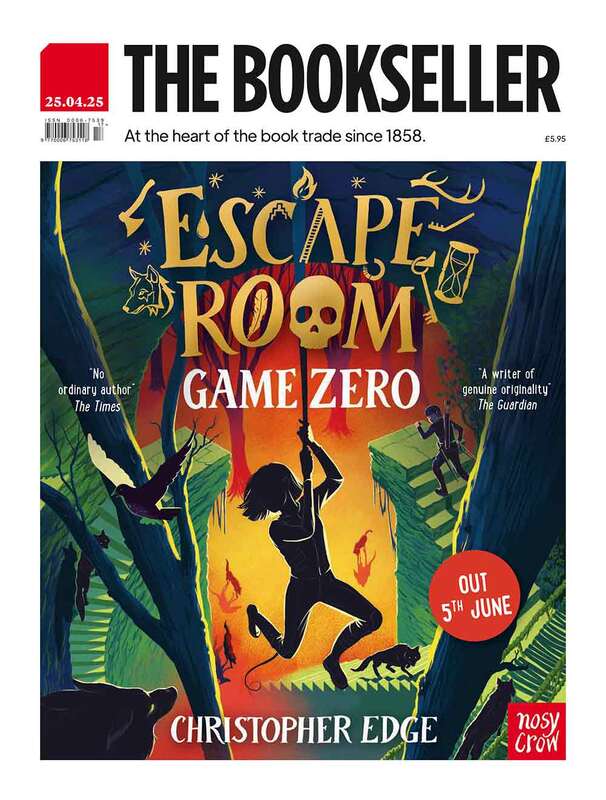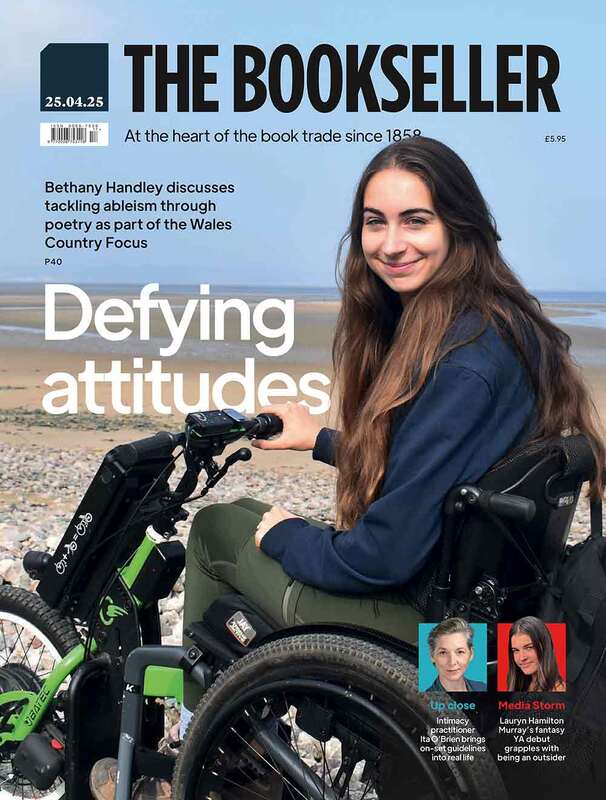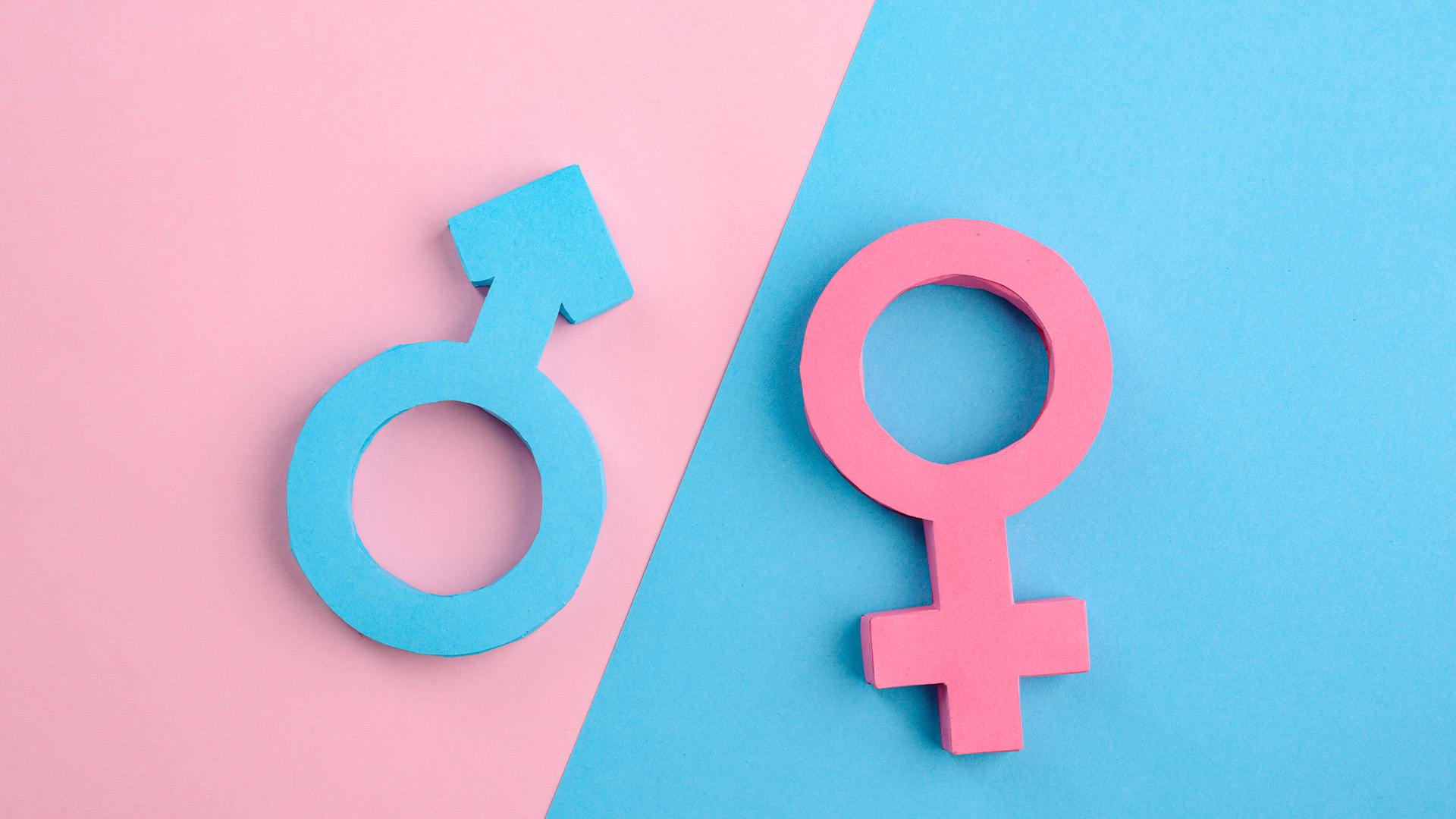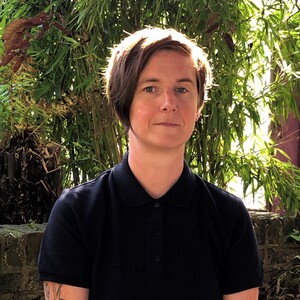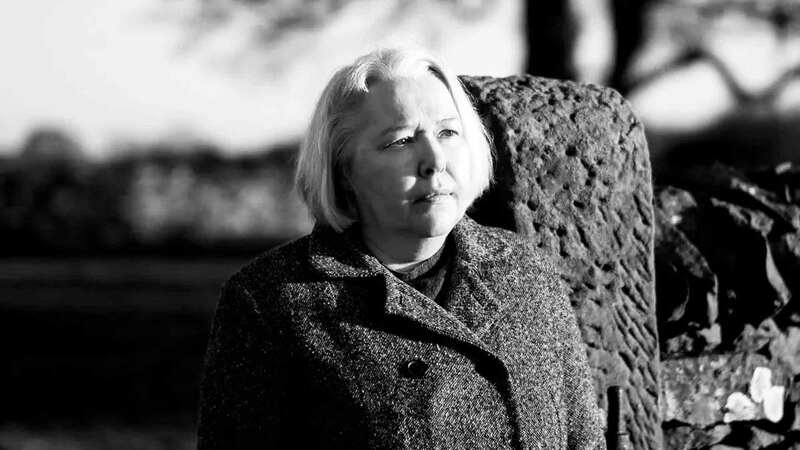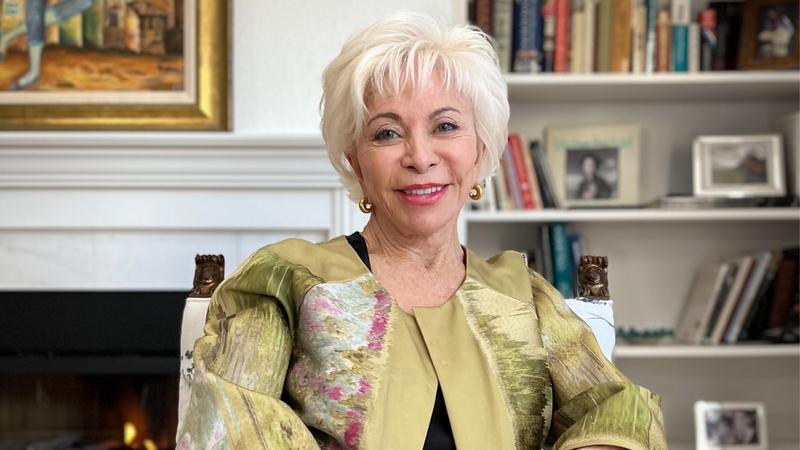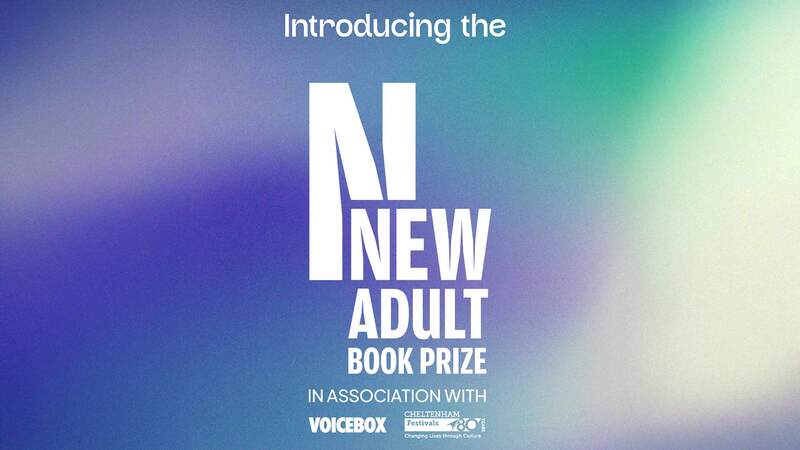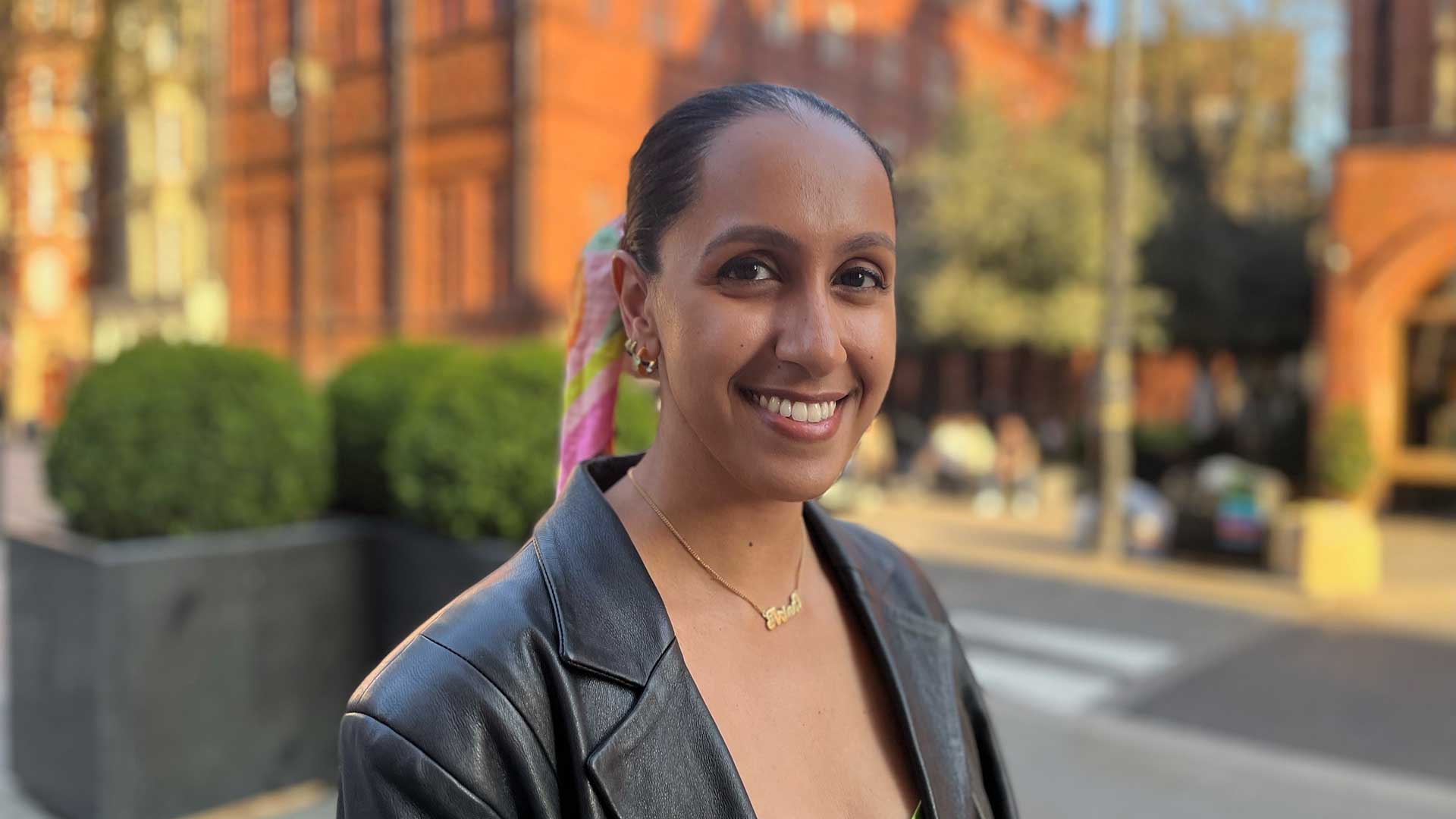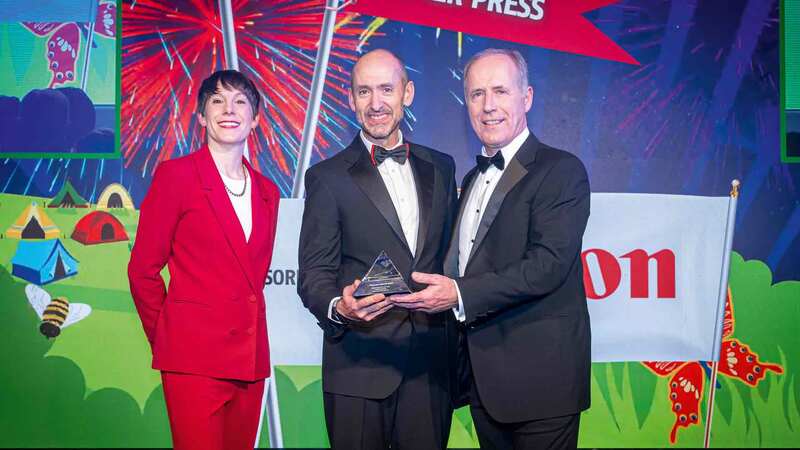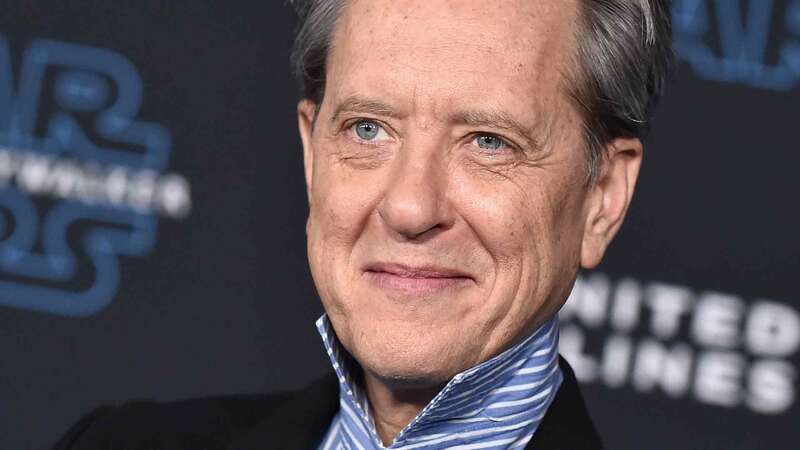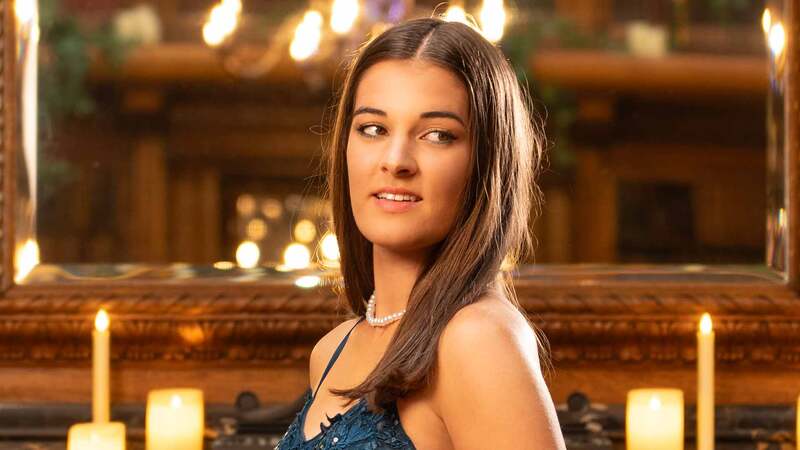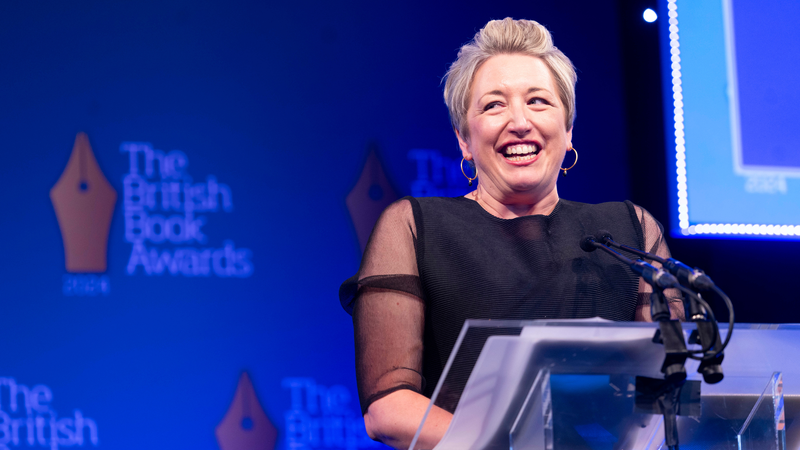You are viewing your 1 free article this month. Login to read more articles.
Gender free
Can writing a main character without revealing their gender help readers focus on the feelings that all humans share?
Meet J. J is a lot of fun: self-assured, passionate, romantic. Driven and ambitious. A bit of a do-er. The kind of person you’d like to have a drink with.
Now meet J’s wife. Beautiful, diminutive, somewhat aloof. But fun, too, and mischievous. Seems up for a laugh.
When these two people first meet, they fall madly in love. That passionate, burning kind of love that scorches its surroundings, with two grinning idiots at its white-hot centre. Mad enough to take them from snatching time to settling down together, all in the space of a few short months.
J and J’s wife are at the centre of Is This Love? You’ll learn about their love story at the start of the book, but what you won’t learn is J’s gender identity. How you picture J, how they become embodied in your mind’s eye, is up to you as the reader – but how much harder is this to do without knowing if J is a man or a woman? You’ll have to decide for yourself which gender you assign J.
Does it matter?
I hope it doesn’t. I wrote Is This Love? because I wanted to explore what happens when someone’s marriage, the life they have built, their very identity, is threatened. I wanted to show the universality of love, of pain, of passion and betrayal. I wanted to explore the bits in us all that we would rather hide away, the stories we tell to ourselves and others as we construct our identities and sense of self. In other words, to show what it is to be human.
The characters in Is This Love? plumb the depths of twisted, controlling, violent bad behaviour (it’s a fun read!). How we interpret their actions depends on the experiences we bring to the story and our assumptions about what men and women do, and are. In a world that can seem obsessed with categorising gender, I wanted to depict a love story and its ending that transcended stereotypes and made us think about our own life experiences as people. We’re all, every one of us, capable of bad behaviour. Mostly we opt for better ways of being – hey, I’m an optimist – but if you’ve ever had your heart broken, I bet you’ll be able to see something of yourself in this story. Something you probably won’t like.
In a world that can seem obsessed with categorising gender, I wanted to depict a love story and its ending that transcended stereotypes and made us think about our own life experiences as people
Practically speaking, it’s hard to write a book with a protagonist whose gender is never revealed. Although neutral pronouns are now part of everyday language, they can still prove harder to wrest down onto the page. Awkward sentence structures and clumsy signalling made me think about the need to expand the boundaries of speech and writing; to continue their constant evolution.
The magnificent Angela Carter was a past mistress in all this. When I first read works such as The Passion of New Eve as a wide-eyed teenager, the language she used blew my tiny, uneducated mind. She took linguistic and gender cliches and smashed them to pieces, creating worlds where people embodied first one gender then another, performing their identities in a riot of playful chaos that destabilised the concepts of "original" or "innate". I don’t think I’d even heard the word "gender" when I first read that book. It was an awakening to many different things – feminism and queerness chief among them – but most profoundly to the concept of gender as a construct.
Like I said, it blew my tiny mind.
It felt the same when I read Jeanette Winterson’s Written on the Body. It was electrifying to find a love story that I could read as queer while knowing others might not. Of course, I knew Winterson was a lesbian and I looked out her work because of that: but there was something specific and exciting about choosing to code her protagonist as female. It felt subversive and more powerful, somehow, than if Winterson had just written about a lesbian affair. The power was in making me think.
Mentioning Is This Love? in the same sentences as these writers feels… overconfident at best. I don’t seek to compare myself, but to point to their influence and inspiration. I hope the ambiguity in my story creates conversations about where allegiances lie, who is believed, how bad behaviour is interpreted. I hope it makes you think, as Carter and Winterson did for me.
I think readers can handle that extra responsibility. I also think publishers like mine play an important role in that provocation, and I’m grateful that my agent, editor and early readers of Is This Love? understood what I was trying to achieve. They read J one way or the other, or even switched between different genders as the story went on, and said it added to their experience of reading the story. Hooray.
Most writers hope that the experience of consuming their book will alter the reader, even if only for a little while. It’s a grand ambition, but I do hope that Is This Love? impacts, even if only briefly, on your ideas about marriage, betrayal and loss. More than that, I hope it entertains you, and that you care about J and J’s wife, and that you feel, as I did at its end, glad to have known them. And perhaps glad, too, to be saying goodbye to them.
Is This Love? will be published by Serpents Tail on 4th August. C E Riley will be talking about the book at the Primadonna Festival (29th-31st July) which they co-founded in 2019.

